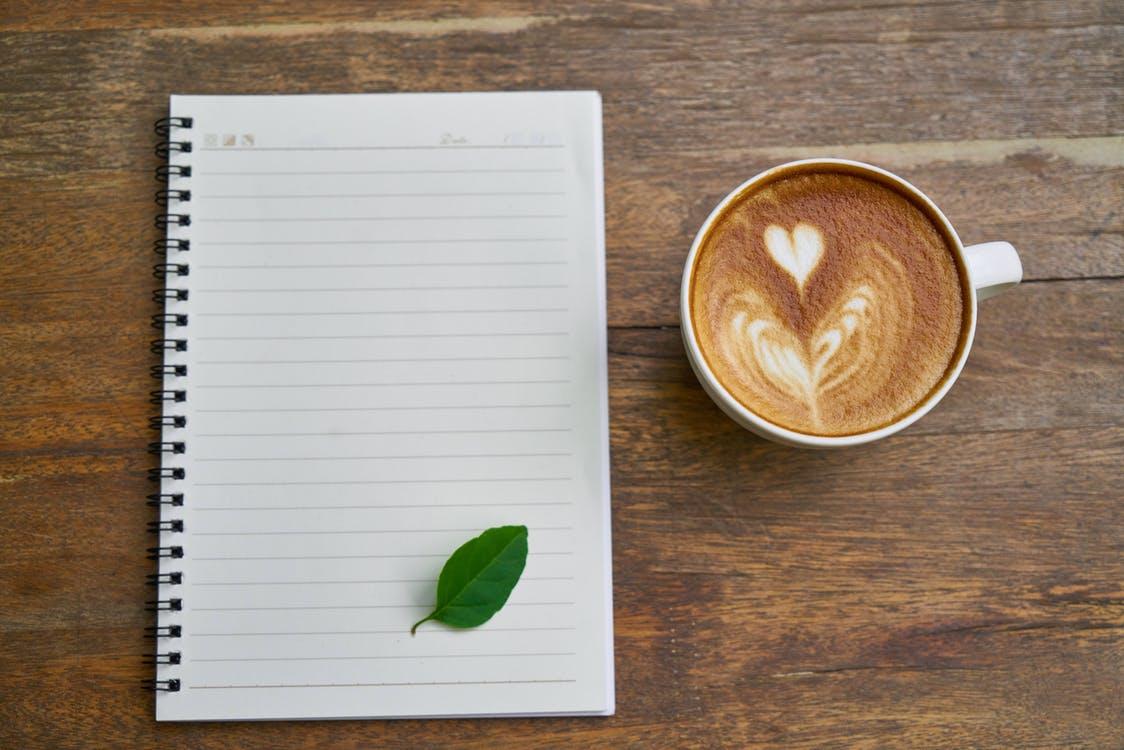The free verse poem is an intriguing literary device that can be defined as poetry that is not contained by regular rhythm, meter, or fixed forms. So if you are looking for the characteristics of free verse poem, you will be looking for verses that don’t necessarily contain rhyming schemes, rhythm, or other rules, yet still have artistic expression.
A poem with free verse is able to contain the unique shape of the poet and may well include the use of rhyme, cadences, alliteration, and rhythm to achieve an interesting piece.

The Characteristics of Free Verse Poem
- Free verse poetry has no regular rhythm or meter.
- The poem with free verse contains natural rhythmical phrases and normal pauses compared to the more constrained aspects of more traditional types of poetry.
- The free verse poem is also known as vers libre, which is French for “free verse.”
If you’re looking for a free verse poem meaning, one easy fact to remember is that it is unlike all the other different types of poetry. The free verse poem is not characterised by prose that is set out in lines, rather its language is organised for its musical effects of rhythm and sound. These however are not definitive characteristics of free verse poem because these effects are used irregularly and not according to any pattern.
This short free verse poem serves as a good example.
Things Men Have Made, by DH Lawrence (1929)
Things men have made with wakened hands and put soft life into
are awake through years with transferred touch, and go on glowing
for long years.
And for this reason, some old things are lovely
warm still with the life of forgotten men who made them.
Using these lines, let’s analyse free verse poem meaning. Firstly, you will notice that the lines are different in length and don’t rhyme with each other. They are also not arranged in any fixed pattern that uses stressed or unstressed syllables. Having said all this, it is an extremely organised and brilliant piece of writing. (This can make trying to narrow down free verse poem meaning rather tricky).
Stay with us!

In looking a little more closely at this particular poem with free verse, you will notice the use of varied repetition in the phrase ‘men have made’ and ‘men who made’. The position of these phrases at the beginning, and also at the end of the poem using a single syllable before the first and second occurrence still provide balance.
In addition, the opening sentence or proposition of this free verse poem with the second develops this balance further. The poem is centred around one very short line ‘for long years' which is in the middle.
Although there isn’t a set number of stresses in the poem’s lines, there is also a clear pattern of stresses at the beginning of each line. Both the first and last lines begin with two stressed syllables: 'Things men', 'warm still'. The second, and then the fourth line also begins with two unstressed syllables, which is followed by one syllable that is stressed: 'are awake', 'And for this'. Though this won’t help you find free verse poem meaning, it also emphasises the balance between the first and last lines.
In this free verse poem, some of the phrases are emphasised through the linking together of alliteration (words that begin with the same sound) like ‘men...made’, ‘transferred touch ‘, and ‘go on glowing’.
So, if you were looking up a definition, or free verse poem meaning, you might find out that even though free verse poetry is rule-free, it doesn’t mean that it lacks structure and organisation. In a poem with free verse, authors can choose whatever devices they like, but be sure that whatever is chosen it will not just be a random bunch of words put together.
Origins of Free Verse Poetry
Free verse is mostly used in contemporary poems. Some poets have adopted this technique in place of rhythm and rhyme because it can whimsically change people’s minds.
The wonderful thing about poem with free verse is that authors can imagine the form of any sound through the intonation instead of the meter. Free verse offers great freedom in choosing words and conveying their meaning to the audience.
If you’re searching free verse poem meaning, you could also look up the poetry of Walt Whitman or the movement of vers libre which dates back to the 19th century and originated in France. The free verse poem then began to become especially prevalent with English poets in the early 20th century.
Searching characteristics of free verse poem is likely to take you to the works of T.E Hulme, F.S Flint, Ezra Pound, and T.S Eliot.
Eliot’s first experimentations with poem with free verse did much to influence the loosening of more formal metrical structures in English poetry.
So if searching characteristics of free verse poem is your mission then lookout for the following:
- Poetry with no set metre or rhythm
- No rhyming scheme
- No particular structure
While some poets find this extremely liberating, others don’t believe they can do the job well without the above elements. Robert Frost once commented that writing a poem with free verse was like trying to play tennis without a net!
How to Write Free Verse Poetry
Free verse poems don’t follow rules; they have no rhyme or rhythm, but they are still considered artistic expression. They are often thought to be modern poetry; however, free verse has been around for centuries.
Take a look at these examples of free verse poems:
After the Sea-Ship by Walt Whitman
After the Sea-Ship—after the whistling winds;
After the white-gray sails, taut to their spars and ropes,
Below, a myriad, myriad waves, hastening, lifting up their necks,
Tending in ceaseless flow toward the track of the ship:
Waves of the ocean, bubbling and gurgling, blithely prying,
Waves, undulating waves—liquid, uneven, emulous waves,
Toward that whirling current, laughing and buoyant, with curves,
Where the great Vessel, sailing and tacking, displaced the surface.
Fog by Carl Sandburg
The fog comes
on little cat feet.
It sits looking
over harbor and city
on silent haunches
and then moves on.
Free Verse by Robert Graves
I now delight
In spite
Of the might
And the right
Of classic tradition,
In writing
And reciting
Straight ahead,
Without let or omission,
Just any little rhyme
In any little time
That runs in my head;
Because, I’ve said,
My rhymes no longer shall stand arrayed
Like Prussian soldiers on parade
That march,
Stiff as starch,
Foot to foot,
Boot to boot,
Blade to blade,
Button to button,
Cheeks and chops and chins like mutton.
No! No!
My rhymes must go
Turn ’ee, twist ’ee,
Twinkling, frosty,
Will-o’-the-wisp-like, misty;
Feelings, Now by Katherine Foreman
Some kind of attraction that is neither
Animal, vegetable, nor mineral, a power not
Solar, fusion, or magnetic
And it is all in my head that
I could see into his
And find myself sitting there.

Write Your Own Free Verse Poem
Why not try to write your own free verse poem? As you know there are no real rules so you’re free to do whatever you like. Here are some tips to get you started.
Choose your Words Carefully
Wisely chosen words can aid in creating a poem that sounds like the location, emotion, or object you want to portray.
For example, short words and sharp consonants will cause the reader to stop and start in a seemingly choppy cadence: Cut, stop, bash, kick, punch, kiss, jump.
Use these types of shorter words when you want to impart fear, excitement, anger, love, or anything that could cause your heart to beat. Longer words with softer sounds will cause the reader to go more slowly. These work well for showing laziness, tension, and rest.
Use Alliteration
Alliteration is a literary mechanic where the initial sound in a string of words is the same, for example, “She sells sea shells". Using alliteration in free verse can create a particular kind of mood, feeling, or sound in a poem, especially when it is combined with the right choice of words. Alliteration also has the ability to give poems a really quirky feel.
Now that you have a few tools, use them to try and fashion your own free verse. Before you know it, you will be writing like Walt Whitman!
Poems are delightful because they offer something for everyone. Why not give the other styles a try too? Limericks are short and funny, Haiku poems are classic, to reveal a serious opinion you could use the Sonnet, put your ballad to music, perform in front of a live audience with slam poetry, or learn about epic poems.
Whatever it is, there is a style for you.
Summarise with AI:















